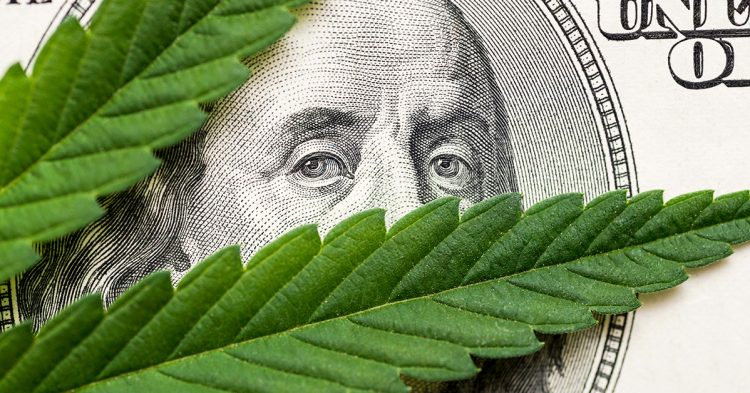Ten years after the legalization of recreational marijuana by Alaska’s electorate, the state legislature is now discussing significant amendments to the statute that initiated commercial cannabis sales.
Recently, the Alaska House of Representatives voted in favor of altering the current $50 per ounce marijuana tax to a 7% sales tax.
This modification, proposed in House Bill 119, could introduce the first statewide sales tax in Alaska if it gains approval from the Senate and Governor Mike Dunleavy. Despite some reservations from lawmakers, the measure was passed in the House with a majority of 36-3.
Initiated by a task force for recreational marijuana, appointed by Governor Dunleavy in 2022, this tax revision aims to assess and refine the legal framework established in 2014, which facilitated the legal marijuana industry.
Since Alaska legalized recreational marijuana use a decade ago, shortly after Oregon, several other states have also adopted similar laws. However, Alaska has maintained the highest wholesale level marijuana tax in the nation.
The local cannabis industry has voiced concerns, advocating for tax reductions to better compete against the black market.
Moreover, the current tax structure has proven to be somewhat inefficient. The uniform $50 per ounce tax does not apply to lesser quality buds or trim, leading producers to favor these lower taxed categories.
Initially, the task force suggested a modest 3% sales tax. However, Representative Jesse Sumner from Wasilla argued that this rate was unlikely to win legislative support, proposing an initial 10% tax, which was subsequently adjusted to 6% and then finalized at 7% during House discussions.
Sumner expressed optimism that the higher tax rate might garner more favor in the Senate, which needs to approve the bill before it can be presented to the governor.
Ryan Tunseth, president of the Alaska Marijuana Industry Association, expressed his enthusiasm for the House’s approval, despite the rate being higher than what the industry preferred. He mentioned plans to survey local cannabis businesses to gather feedback on the bill and expressed hope that other recommendations from the task force, like changes to plant tracking and licensing, might be incorporated in the final bill.
CHECK THIS OUT: Pueblo, Colorado suspends marijuana excise taxes for three years









